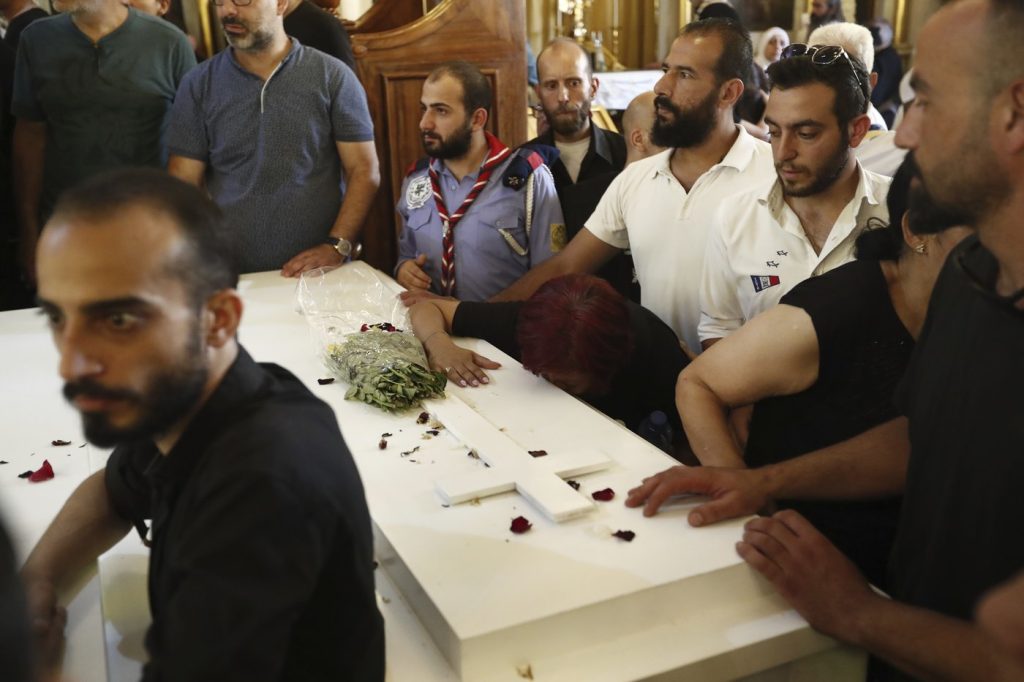BEIRUT (AP) – The head of a U.N. investigative commission, Paulo Pinheiro, expressed cautious optimism about the commitments made by the new authorities in Syria to protect minority rights. However, he highlighted that violence against members of the Alawite sect has persisted following the recent surge in sectarian clashes along Syria’s coast. This was discussed during a meeting of the U.N. Human Rights Council in Geneva, where Pinheiro revealed alarming ongoing reports of killings and arbitrary arrests of Alawite individuals, as well as the confiscation of properties belonging to those who fled violence in March.
Pinheiro stated that his commission has documented numerous serious violations, including the abduction of at least six Alawite women in various Syrian governorates, two of whom remain missing. He raised concern over credible reports of further abductions, asserting that collaboration between the U.N. and the Syrian government has been granted through “unfettered access” to the violence-affected coastal regions and victims' families. He called on local authorities to enhance protections for places of worship following a recent suicide bombing at a church outside Damascus that killed at least 25 people.
The suicide bombing, which marked a significant escalation of violence in the region, was attributed by the Syrian government to an Islamic State cell. The authorities also claimed they had thwarted a subsequent attempt to strike a Shiite shrine in the Sayyida Zeinab suburb of Damascus. Pinheiro denounced the attacks, labeling them as "outrageous and unacceptable," and urged the new government to ensure the safety of places of worship and to hold accountable those responsible for such acts.
In the aftermath of former President Bashar Assad's ousting during a quick rebel offensive in December, Syria has purportedly seen escalating violence, particularly against the Alawite minority. Pinheiro’s commission documented brutal retaliatory violence following clashes between pro-Assad factions and the new government security forces, resulting in hundreds of civilian deaths along the coast in March. He noted that earlier revenge attacks had occurred in several villages in Hama and Homs provinces, where former soldiers and security force members, who had disarmed under a supposed amnesty deal, faced ill-treatment and executions.
Despite the troubling situation, Pinheiro acknowledged the interim government’s efforts to form a specialized body for investigating attacks on the coast, with assurances from officials regarding the arrests of "dozens of alleged perpetrators." He highlighted the necessity for the Syrian government to implement a comprehensive reform and vetting strategy as it integrates various former rebel factions into its military and security structures. He emphasized the urgent requirement for policies to address Syria’s deep-rooted cycles of violence and revenge amid rising sectarian tensions.











